Horsemen’s Pride Three Step Mounting Block, 009-3 BLK
The Horsemen’s Pride 009-3 BLK Three Step Mounting Block is great for mounting any size horse. This horse mounting block is made of durable high density plastic. The horse grooming block has three 10 in. deep steps. The built-in handle of these horse mounting steps makes for easy lifting.
The Horsemen’s Pride 009-3 BLK Three Step Mounting Block is great for mounting any size horse. This horse mounting block is made of durable high density plastic. The horse grooming block has three 10 in. deep steps. The built-in handle of these horse mounting steps makes for easy lifting.
- These horse mounting steps are 21 in. tall and 18 3/4 in. wide
- LLDPE material provides strength and durability
- The horse mounting block has three 10 in. deep steps for easier stepping up and down
- The horse grooming block’s built-in handle provides easy carrying and lifting
- Made in the USA
Manufacturing defects
Additional information
| Accessory Type | Mounting Steps |
|---|---|
| Animal Compatibility | Horses |
| Compatibility | Horse |
| Country of Origin | Made in USA |
| Product Weight | 18 lb. |
| Manufacturer Part Number | 009-3 BLK |

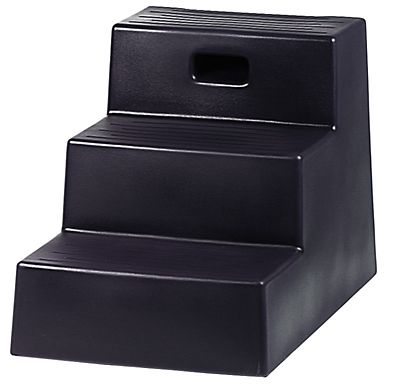

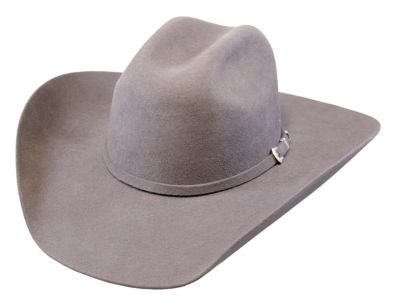
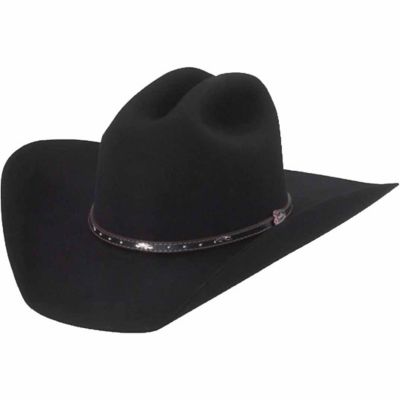

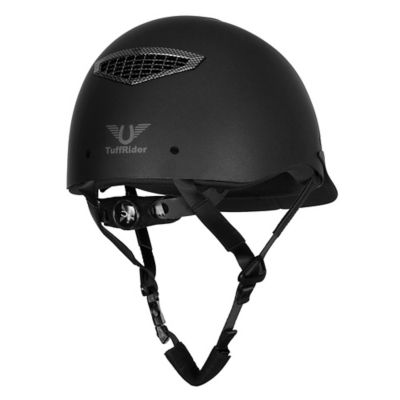
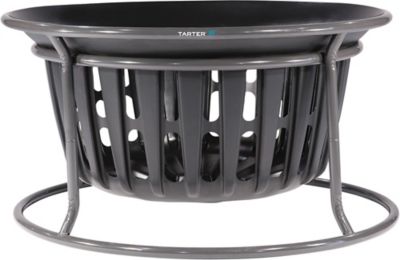
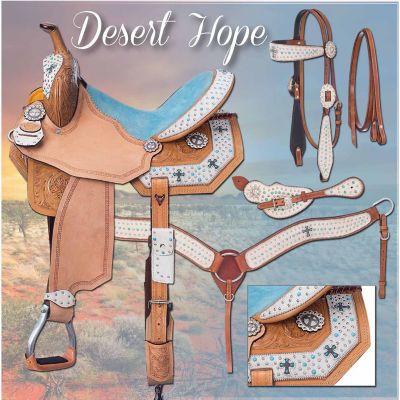
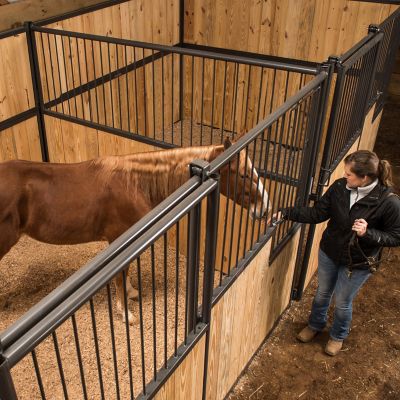
by Paul
It’s sturdy, but light enough to be easily moved. Reasonable price. Seems durable.
by Paula
I love this mounting block. It’s very sturdy but not too heavy to move around.
by Fabian
Tractor Supply had the best price out of all equine.
by Weldon
Often these are heavy, this is not. Not flimsy either.